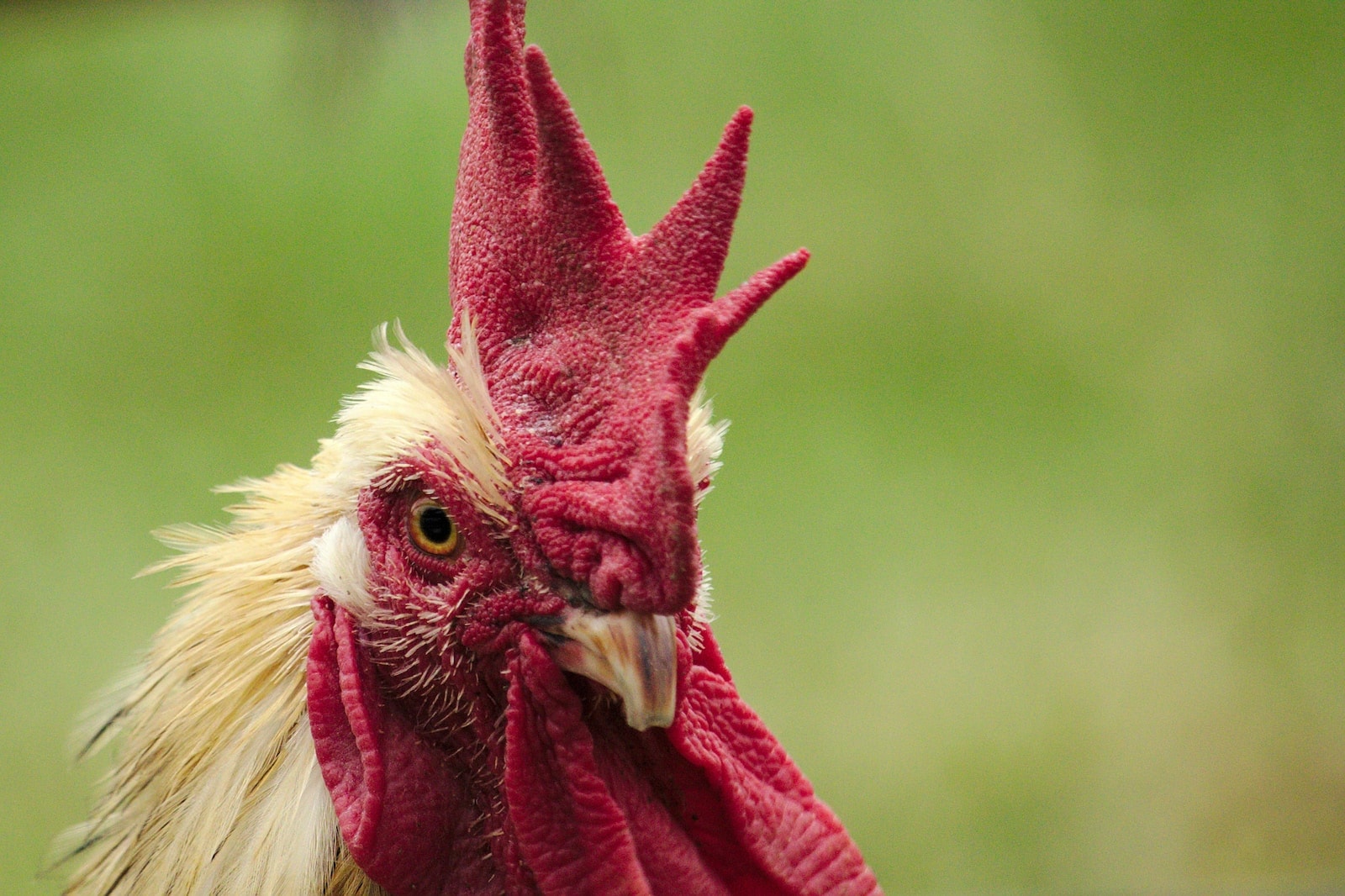Chickens, like all living creatures, require sleep to maintain their health and well-being. Many people who raise these fascinating birds often wonder how chickens sleep, particularly if they are new to poultry keeping. Understanding the sleep patterns and habits of chickens can help ensure they get the rest they need and can contribute to a harmonious and healthy environment.
Chickens typically sleep in a state known as “unihemispheric sleep,” which allows them to rest half of their brain while keeping the other half alert to potential dangers. This unique sleep pattern enables them to respond quickly to threats even when they are asleep, which is essential for their survival in the wild. Chickens prefer to sleep off the ground, usually roosting on branches or perches in their coop to stay safe from predators.
The sleep cycle of chickens is regulated by the light, and they usually go to roost as the sun sets and wake up at dawn. Unlike humans, chickens do not have a REM (Rapid Eye Movement) sleep phase, so their sleep may appear more restful and still than the sleep of mammals. Providing a peaceful, safe, and comfortable place for chickens to sleep is crucial for their overall health and happiness.
The Sleeping Habits of Chickens
Roosting and Perching Behavior
Chickens have a unique way of sleeping called roosting. Roosting is when chickens settle on an elevated surface like a perch, branch, or roosting bar to rest. This behavior is instinctual, providing them safety from predators. The pecking order, determined by factors like age and personality, influences where each bird sleeps on the roosting bar. Generally, higher positions are occupied by dominant hens and roosters, while lower-ranking birds occupy the lower positions.
Sleeping Conditions and Preferences
Chickens need clean and comfortable sleeping environments to feel safe at night. A well-constructed chicken coop should provide ample roosting space, nesting boxes, and adequate ventilation to ensure the birds’ comfort. Roosting perches, typically wooden dowels or tree branches, should be situated at varying heights within the coop to accommodate the individual preferences and pecking order of the birds.
During colder seasons, chickens can fluff their feathers to increase insulation and huddle together for warmth. Light plays a crucial role too; chickens tend to sleep as the sun goes down and wake up with the first rays at dawn. Exposure to artificial light may disrupt their natural sleep patterns.
Sleep Cycle and Duration
As diurnal creatures, chickens are active during the day and sleep at night. The duration of their sleep varies depending on the season and daylight hours. In winter, when daylight is limited, chickens might sleep for longer periods to conserve energy. Conversely, they may sleep less during extended daylight hours in summer. Chickens also take brief naps during the day to recharge.
Given their internal clock, chickens tend to sleep for varying durations, ranging from 6 to 12 hours per night. Nevertheless, it’s essential for them to rest well to maintain their health, growth, and egg production. To ensure their well-being, it’s vital for chicken keepers to understand and support the sleeping habits of their flock.
Safety and Health Considerations for Chicken Sleep
Protection from Predators
Chickens, being ground-dwelling birds, are vulnerable to a variety of predators such as foxes, raccoons, and birds of prey. To ensure the safety of the flock, it is essential to provide them with a secure and well-protected nest. This may include a well-constructed and predator-proof coop, along with a fenced enclosure to deter ground predators. Chickens exhibit a natural behavior known as roosting, where they sleep on elevated perches, which helps to keep them away from nocturnal predators. Providing them with roosting bars or higher perching areas can help in keeping them safe.
Health and Well-being
Healthy sleep is vital for the well-being of chickens. Stress and anxiety can lead to disturbances in sleep patterns, which in turn can negatively affect their health. Some factors to consider for maintaining good health and well-being of chickens include:
- Bedding: Providing a comfortable and dry bedding material, such as straw or wood shavings, can help in improving the quality of their sleep.
- Privacy: Birds often prefer to sleep in dark and quiet places. Ensuring privacy by providing individual nest boxes can aid in reducing stress and encouraging better sleep.
- Feed: A balanced and nutritious diet plays a crucial role in maintaining the overall health of the birds, including their sleep quality. Providing enough feed to the flock ensures that they have enough energy for a good night’s sleep.
- Parasites: Chickens may develop health issues due to external parasites, such as mites and lice. Regularly cleaning and disinfecting the coop, nest boxes, and bedding material can help in keeping these pests at bay and promoting healthful sleep.
Impact of Environmental Factors
Various environmental factors can have a direct impact on the sleeping habits of chickens. Some of the essential factors to consider are:
- Lighting: Chickens’ sleep patterns are influenced by the availability or absence of light. Maintaining a consistent light schedule, mimicking natural daylight patterns, can help in regulating their sleep cycle and promoting better rest.
- Temperature: Extreme temperature fluctuations can lead to stress in chickens and affect their sleep quality. Providing proper insulation and ventilation in the coop is essential to maintain a comfortable temperature throughout the year.
- Cleanliness: Maintaining a clean and hygienic environment reduces the risks of diseases and infections that might disturb the sleeping habits of chickens. Regular removal of poop, replacing the bedding material, and disinfecting the nesting areas can significantly contribute to a healthy living environment.
By carefully considering the safety, health, and environmental factors, backyard chicken owners can make informed decisions to ensure their flock gets the adequate sleep necessary for a happy and healthy life.

